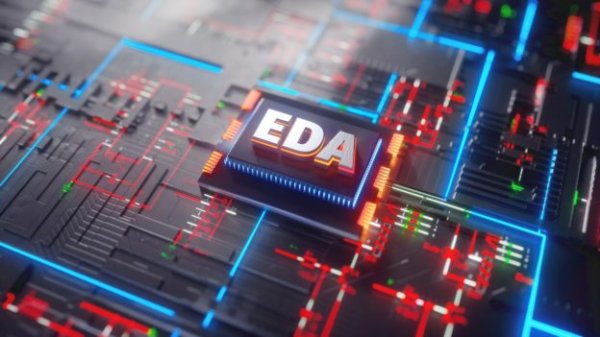Zheng Lijun: If Mei pays taxes on Taiwan chip courses, there may be a chain risk

The United States is conducting a national security investigation on semiconductors, drugs, key minerals, coppers, aquaculture and energy under the "Terms 232", and the outside world is paying attention to whether Taiwan's chips and related industries will suffer impacts. Executive Yuan Vice President Zheng Lijun said today that he has submitted an opinion to the United States, stating that if the United States imposes taxes on related industries, it may cause the industry to lag in its layout in the United States and increase the risk of chain breaking.
Executive Yuan President Zhuo Rongtai held a media tea reporter meeting with Zheng Lijun, Little Book Secretary O’Mingxin and the Political Committee today, explaining the government’s five major government actions, 20 conducting reports, and some of the content of the U.S. tax negotiations.
Taiwan and the United States have held a video meeting and physical consultations on taxes related to other parties, and all sectors of life are paying attention to the progress and content of Taiwan and the United States' debate. Zheng Lijun, who is responsible for the negotiation of US trade, said that the basic position of the negotiation group is to make every effort to protect the interests of the country and industry, protect the health and food safety of the people. On this premise, we hope to find the best result, that is, reduce taxes, and hope to turn challenges into opportunities, find the most favorable layout for national interests and industry development.
She said that Taiwan and the United States discussed the negotiations and tax-related issues, non-tax-related trade barriers, economic security, and deepening trade cooperation between Taiwan and the United States in mutually beneficial and mutually beneficial foundations, without involving the issue of exchange rate. However, they all recognized the importance of economic security, including place of laundering, export control, investment review and other issues. Taiwan adopted three defense lines, "pre-prevention, strict investigation during the process and strict punishment after the process", and strengthened the effective safety management of key technologies to avoid the outflow of key technologies.
All sectors pay attention to whether the judgment target is zero tax. Zhuo Rongtai said that starting from zero is a stance, and the government will also pay attention to the progress of the discussion between the United States and other countries. For countries and industries, the government will not give up what the government should say or holds.
Zheng Lijun said that the so-called zero-related tax discussion is mainly because 76% of Taiwan’s imported American products have zero-related taxes, and 62% of the US-transported Taiwanese products have zero-related taxes, so the two people are looking forward to discussing each other on this basis.
She also mentioned that Taiwan's debate approach was to put forward a general idea. In addition to hoping to promote the balance of trade between the two sides, it also pursues the establishment of a dual-benefit and mutually beneficial economic system, and further develops Taiwan-US high-tech strategic partners. I believe that by expanding investment in the United States And purchasing will help balance Taiwan's U.S. trade deficit, bring opportunities for dual-party industry, and more importantly, form future strategic partnerships, which will help the United States realize its goals and the international layout and development of Taiwan's industries, so that Taiwan and the United States can benefit each other.
In addition, the United States is also conducting a national safety investigation on semiconductors, drugs, key minerals, coppers, aquaculture and energy under the "Terms 232", and the outside world is concerned about whether Taiwan's chips and related industries will suffer impacts. Zheng Lijun said that Taiwan had submitted a comment on May 7, stating that if the US imposes taxes on related industries, it will instead make the industry's ability to make its layout in the United States backward and increase the risk of chain breakage.
Zheng Lijun emphasized that Taiwan is the most indispensable and trustworthy partner of the United States in the semiconductor and AI fields. If the United States incurs taxes on related industries, it may have an adverse impact on the US's economic security and national security goals.
In addition, the Executive Yuan Trade Judgement Office pointed out in a press release today that the General Judgement Representative Jenny Yang attended the APEC Trade Ministers Meeting held in the Korean Economic State and held a meeting with US Trade Representative Jamieson Greer on the 15th.
The trade committee said that the atmosphere of the meeting was friendly and harmonious. The two sides once again affirmed that the actual consultation meeting of the Shanghai-Round in the Government of China at the end of April was quite constructive, and they also shared their expectations for deepening trade cooperation between Taiwan and the United States, and looked forward to continuing to consult and bring more opportunities to each other's industry and economic development.




